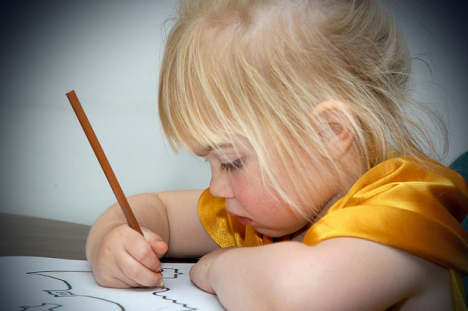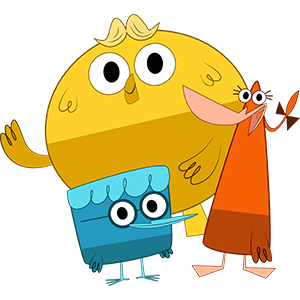
Children do a lot of growing and developing between the ages of 3 and 9. At 3, children are moving out of babyhood and into childhood. They have rich imaginations, may have strong fears, and love to play physically. Whatever your role in a child’s life (teacher, parent, or other caregiver), there are some ways to make learning productive, fun, and enjoyable for the both of you.
1.Read to your children
Reading aloud to children is widely recognized as an important activity in language development. It builds word-sound awareness, which is a huge predictor of their own reading success. It also builds motivation, curiosity, memory, and of course, vocabulary. When children begin having good experiences with books at a very early age, they are more likely to continue this feeling of enjoyment and confidence with their own reading throughout their lives. Read before bed time each night, or at the end of the school day, are perfect times to set aside for this activity
2.Play and pretend games with your children.
Playing house or other types of fantasy play is very important for children’s imaginations as well as their social and language development. They will love nothing more than to have you enter into their little fantasy world.
3.Play sport together.
Even if you’re not the most athletic caregiver in the world, exposing children to sports and playing with them is important for their physical development and motor skills. Sports also teach honesty, teamwork, fair play, respect for rules, and respect for themselves and others. Choose a sport or two you’ll play sometimes with your children and get the necessary things together for playing.
4.Ask for their help.
Young children naturally love to help. It makes them feel important and valued by you. Foster this feeling into their older years by asking them to help you with various chores. Gradually, through watching and imitating you, they will learn to take over certain chores themselves and develop a sense of responsibility.
5.Do arts or crafts.
Coloring, drawing, and crafts are not only a great way to keep children entertained on a rainy day, but they also help develop children’s fine motor skills, develop their concepts of colors and numbers, and help them see scientific processes like how glue works. Be sure to use age appropriate tools and materials, like child scissor.
- For younger kids, try making finger puppets, pasta jewelry, or felt collages together.
- Older kids often enjoy magazine collages, making pottery, and making masks.


